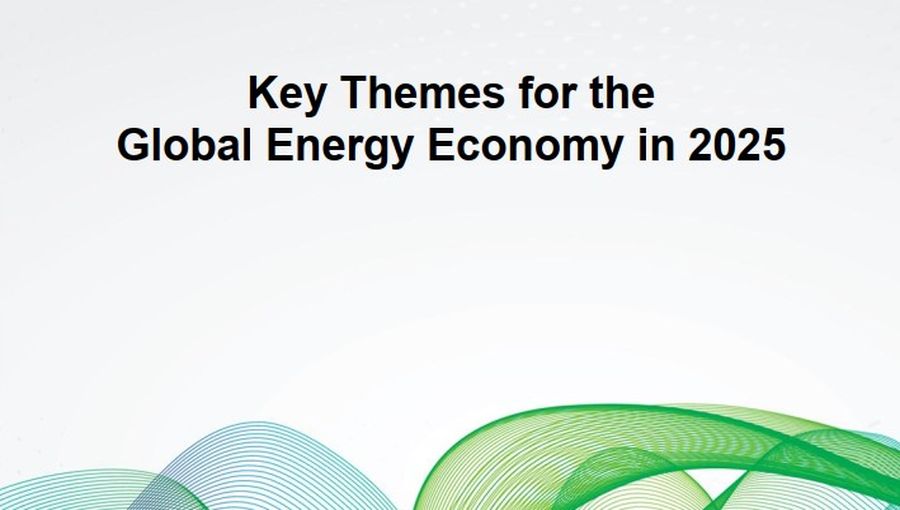The “Key Themes for the Global Energy Economy in 2025” report by the Oxford Institute for Energy Studies highlights several critical trends shaping the energy landscape. The global energy market faces challenges from a fractured world order, with Donald Trump’s second term introducing geopolitical uncertainties that could disrupt trade, energy policies, and international climate commitments. Key energy trends include strong LNG demand growth driving prices upward due to tight supply and Europe’s need to refill gas storage, alongside OPEC+’s continued market management to stabilize oil prices amid uncertainties. Additionally, China’s economic consolidation and shift toward renewables and EVs are reducing its oil demand, while global climate efforts, particularly the COP process, risk losing relevance due to stalled progress on finance and mitigation.
In 2025, LNG markets are expected to tighten as global demand, particularly from Europe and Asia, outpaces supply growth, pushing prices higher to balance the market. Europe’s gas market faces pressure from the halt of Russian gas transit through Ukraine and declining domestic production, necessitating increased LNG imports to meet storage targets. Meanwhile, China’s energy consumption is shifting, with flat oil demand due to electrification and robust gas and power demand growth, though rising LNG prices may slow fuel switching in the freight sector.
Geopolitically, Trump’s policies could reshape energy dynamics, with a focus on boosting U.S. oil and gas exports and deregulating climate policies, potentially undermining multilateral climate efforts like COP. The COP process faces challenges after COP29’s failure to resolve key issues like climate finance and fossil fuel phase-out, with COP30 in Brazil seen as critical for its relevance. Russia’s pivot to Asian gas markets and OPEC+’s strategy to manage oil supply amidst sanctions and global conflicts further complicate the energy outlook, setting the stage for a volatile year where energy security, affordability, and geopolitical strategies will be tested.

